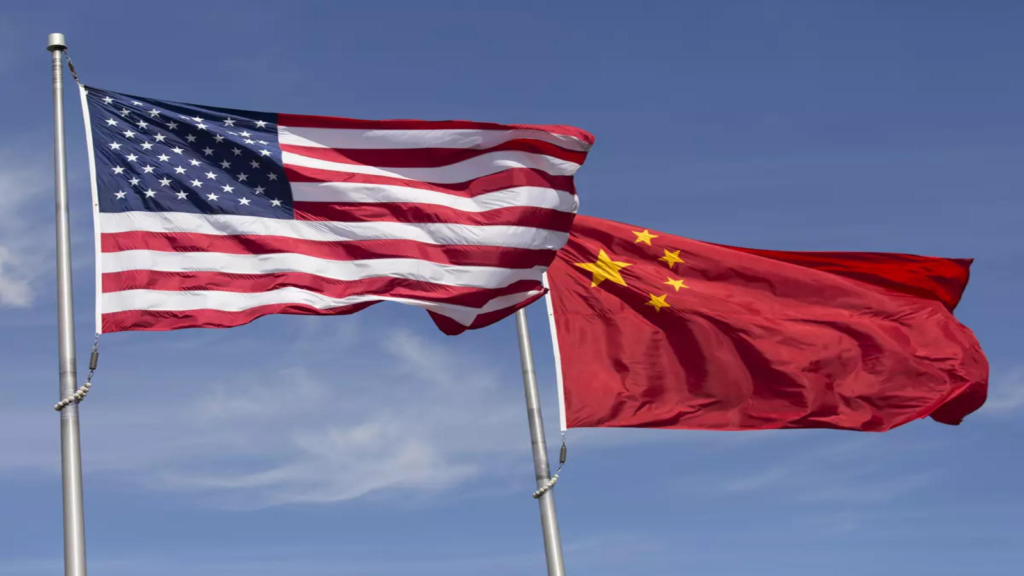Navigating Geopolitical Waters: US Proposes Rules on Chinese Tech Investments
In a world where technology shapes economies and national security, the United States has set its sights on Chinese tech companies with military ties. The proposed rules seek to restrict American investments in these firms, signaling heightened geopolitical tensions. Let’s dive into the implications of this move.

The Landscape of Chinese Tech Giants
China boasts a thriving tech ecosystem, home to giants like Huawei, Tencent, and Alibaba. These companies straddle civilian and military domains, blurring the lines between innovation and strategic advantage. The US government’s concern lies in potential dual-use technologies—innovations that can serve both civilian and military purposes.
The Strategic Chessboard
Geopolitics is akin to a high-stakes chess match. The US-China rivalry plays out on multiple fronts—trade, technology, and security. By restricting investments, the US aims to safeguard its interests while exerting pressure on Beijing. But this move isn’t without risks; it could escalate tensions further or trigger retaliatory actions.
National Security vs. Economic Interests
Balancing national security and economic prosperity is a delicate act. The US seeks to protect critical infrastructure, sensitive data, and advanced technologies. Yet, it must also navigate the interconnected global economy. Striking the right balance requires finesse and foresight.
Implications for Investors
American investors eyeing Chinese tech stocks now face uncertainty. The proposed rules could impact portfolios, retirement funds, and individual savings. Diversification strategies may need reevaluation, as the tech sector’s landscape shifts.
As the US-China tech tussle intensifies, investors, policymakers, and tech enthusiasts watch closely. The proposed rules are a strategic move—one that reflects the broader contest for dominance in the digital age. In this geopolitical game, every move matters, and the consequences ripple far beyond stock markets and boardrooms.




















